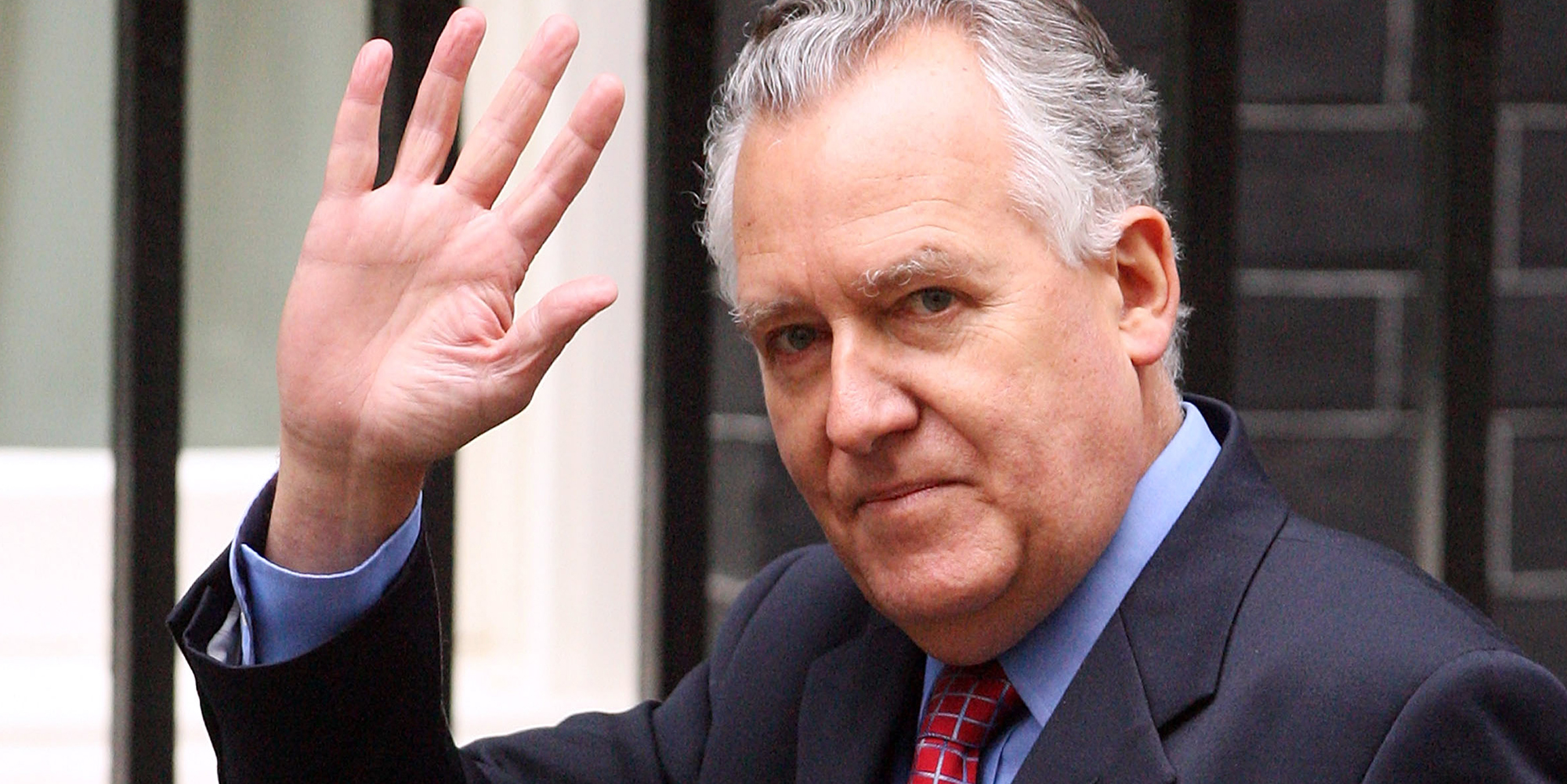Although Israel is damaging Hamas, maybe significantly, Hamas is a movement and an ideology that Israeli Prime Minister Benjamin Netanyahu’s ‘extremism’ is helping to promote, Hain writes in the Guardian UK.
Hain said he was writing from Cape Town “where decent South Africans of all races and creeds are contemptuous of what they see as profound double standards by global north leaders – wanting backing for Ukrainian self-determination, but being complicit in the denial of Palestinian self-determination and culpable in the horror in Gaza.
“The geopolitical breach with the global south is deepening, and will cost Washington, London and Brussels dearly in an increasingly turbulent world.”
“I’m a friend to both Israelis and Palestinians, and all my experience tells me this: tough negotiation will achieve what bombs cannot,” Hain writes.
“Rightwing Israeli governments have thwarted serious negotiations with Palestine’s more ‘moderate’ party, the late Yasser Arafat’s Fatah, since the Camp David summit in 2000 – more than 20 years ago.
“They have also consistently oppressed Gaza residents, imposing a near-constant state of siege. Is it really surprising that many Palestinians turned in desperation to an extremist alternative in Hamas?”
Hain, former UK Middle East minister and Northern Ireland secretary of state, said that for decades British governments refused to negotiate with the IRA because of its terrorist outrages.
“But when they finally did so, it resulted in the 1998 Good Friday agreement.”
Hain rebuked leaders of the global north for insisting that Israel should only negotiate “with a discredited Palestinian Authority leadership in the West Bank” – saying that wouldn’t work either.
“Hamas will have to be included in some way. In the end, the solution has to be political. Palestinians of whatever political stripe cannot defeat Israel militarily, but nor can Israel defeat Palestinians militarily.”
Hain noted that Israel’s rightwing leaders spurned any kind of negotiation, “instead dedicating themselves to turning Palestinian territories into occupied dependencies”.
He said the West Bank, now contained about half a million Israeli settlers; and East Jerusalem nearly a quarter of a million Israeli settlers.
Leaders in the global north pointed out that such settlements are illegal, “but do nothing, tolerating still more settlers and also the long siege and now near-total destruction of Gaza.
“And what has all this got Israel? Not more security but less, as the pogrom on 7 October palpably demonstrated. Israel’s rightwing rulers have monumentally failed to protect their own citizens – and, by prosecuting their ruthless horror in Gaza, they will endanger them even more.
Hain said former Israeli Labour government adviser Daniel Levy was right to say recently in a TV interview: “Israelis can never have security until Palestinians have security.”
However, Hain suggested the real agenda of the current Israeli cabinet might be to push Palestinians out of their territories and into Jordan and Egypt.
He noted that Israel’s ambassador to the UK (Tzipi Hotovely) had flatly rejected a two-state solution in a recent TV interview.
“No two-state solution, just permanent Israeli domination – with escalating violence and regional instability,” Hain writes.
“The aim surely must remain security for Israel and self-determination for Palestinians. If a two-state solution is no longer viable, then maybe some form of confederal state could be? One in which Palestinians have self-government and Israel enjoys security?
“Instead of presidents and prime ministers in Washington DC, London and Europe colluding in terrible failure, they should support a regional summit involving Israel, Egypt, Saudi Arabia – and, yes, Iran too – along with Jordan, Qatar and the UAE. For there will be no stability in the region unless all parties are included.” DM
This article is more than a year old
Africa
Israel will have to negotiate with Hamas, says Peter Hain
Israel will never destroy Hamas militarily and has no choice but to negotiate with its enemy if it wants peace, says British Labour Lord Peter Hain, the former anti-apartheid activist who grew up in South Africa.





